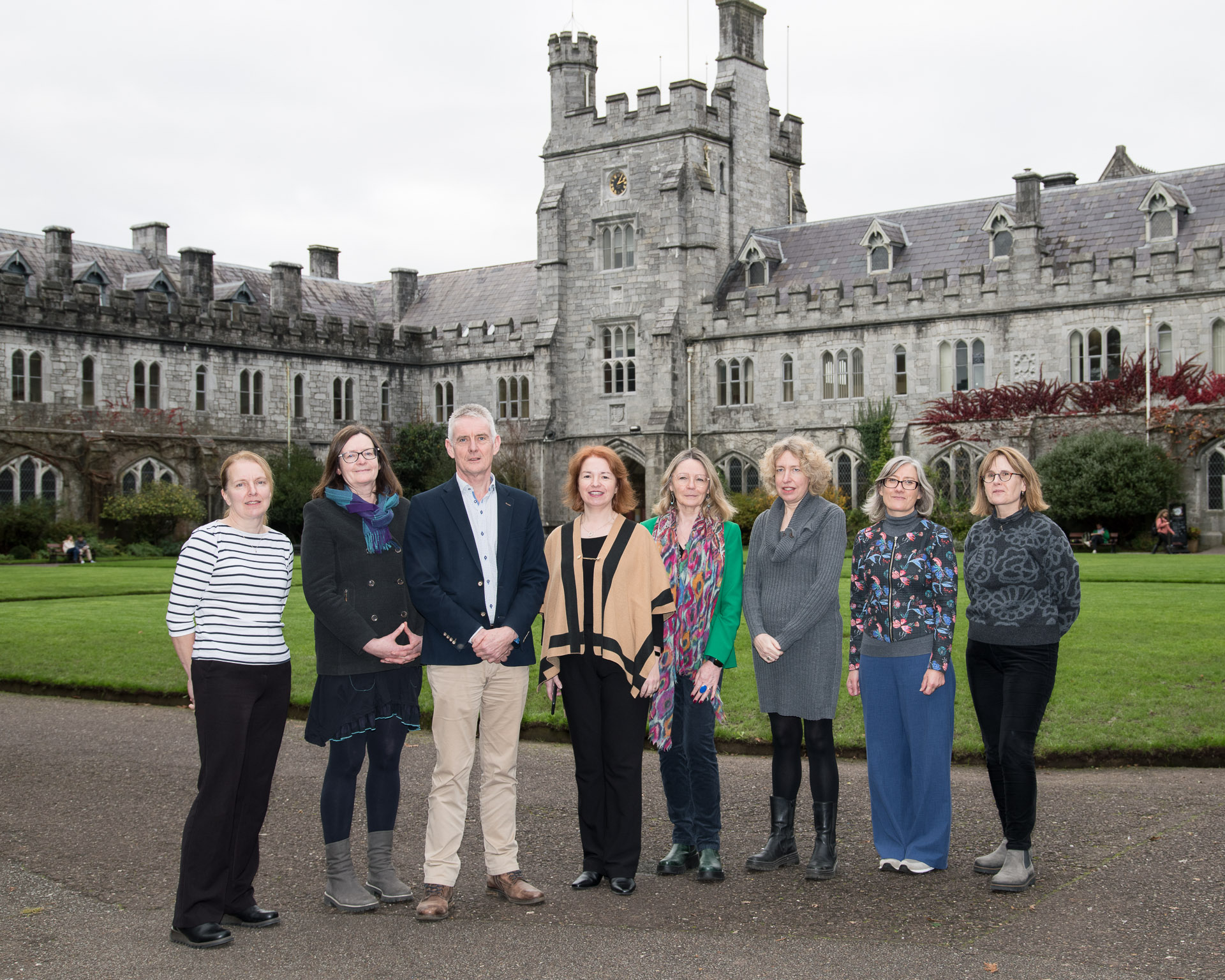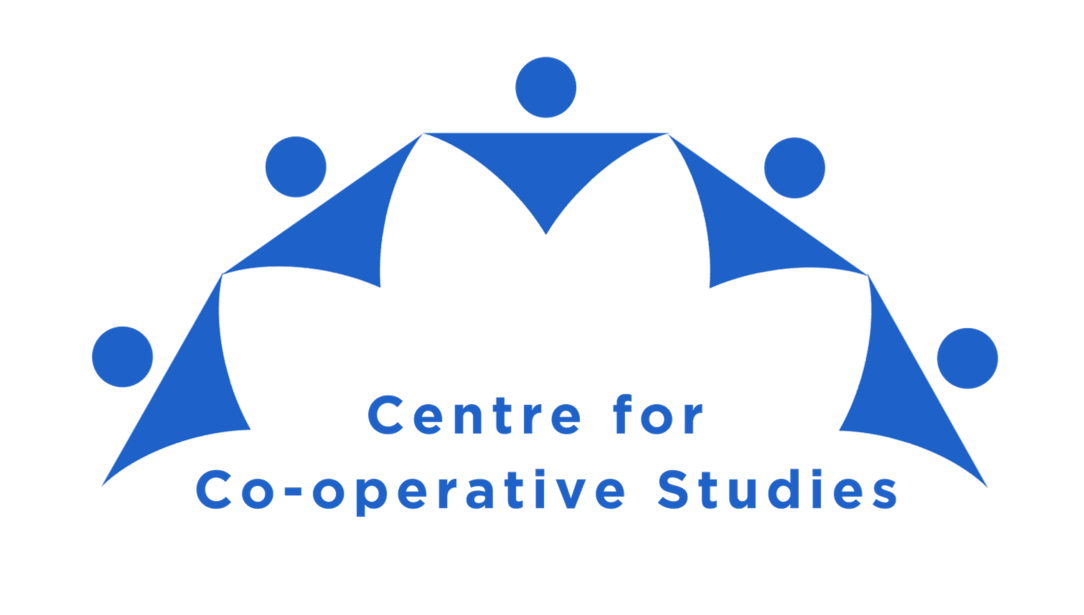Our Stories
UCC Researchers Set to Explore the Untapped Potential of the Social Economy

- Social economy organisations, including co-operatives, play a vital role in addressing social exclusion by prioritising community needs over profit.
- The 4-year project will focus on optimising the potential of these organisations to support social inclusion at both local and organisational levels.
- The project will have a particular emphasis on care provision.
A team from University College Cork (UCC) has been awarded prestigious Horizon Europe funding for a transformative initiative which aims to explore and enhance the role of social economy organisations in fostering social inclusion and advancing care provision. The initiative is titled Driving Inclusive Care: Economic Democracy and Social Economy (DICES).
Europe faces significant challenges in providing access to high quality, community-based social care for its increasing population of older people, people living with disabilities, and other marginalised groups. Access and quality of service are impacted by a shortage of workers, which is linked to poor pay and working conditions in an underfunded care sector, where works is increasingly outsourced.
The European Care Strategy recognises the advantages offered by community-based social economy organisations, such as co-operatives and social enterprises, due to their prioritisation of person-centred approaches over the pursuit of profit.
The DICES project seeks to unlock the potential of the social economy to foster social inclusion and provide access to high quality care and care work. A key objective will be to assess and make policy recommendations to strengthen working conditions in the social economy and best practice care organisations will be identified and strategies to scale these will be developed. The project will have practical outcomes, such as the piloting of innovative care organisations and initiatives co-designed with key stakeholders.
The DICES project will focus on optimising the potential of Europe’s social economy organisations to enhance social inclusion at both the local level, particularly in 'left behind places,' and within organisations, with a specific emphasis on care provision. Key objectives include:
- Conducting surveys to better understand working conditions within the social economy.
- Developing case studies to identify best practices and innovative models.
- Designing and implementing pilot actions in collaboration with stakeholders to test practical, scalable solutions.
The project is led by KU Leuven and includes ten partners from Austria, Belgium, Bulgaria, Germany, Greece, Ireland, and Norway. The total project budget is €3.4 million, with UCC receiving €325,346. Funded under the Horizon Europe call, the project will commence in February 2025.
Dr. Carol Power, Principal Investigator for the UCC workstream, stated:
"As a society, we face significant challenges in providing access to high-quality care for an increasing population of older people, as well as people living with disabilities, migrants and other groups. The European Care Strategy recognises the advantages offered by social economy organisations in meeting these challenges, due to their prioritisation of person-centred approaches over profit. However, we need more research so that we can identify best practice and learn from innovative organisations that have emerged not simply to fill gaps in services but to address the interlinked objectives of improving quality of care and quality of care work."
The Centre for Co-operative Studies at UCC has a long-standing tradition of research into co-operatives and the social economy. Earlier this year, Dr. Carol Power and Dr. Caroline Crowley published findings on the potential for developing care co-operatives in Ireland, paving the way for UCC’s involvement in the DICES consortium. To complement the extensive expertise of the Centre for Co-operative Studies team and building on established networks developed through the Institute for Social Science in the 21st century (ISS21) and Collective Social Futures (CSF), Dr Claire Edwards and Dr Carol Kelleher, both of whom are active researchers on care also came on board.
Professor Maggie O’Neill, Director of ISS21 and Collective Social Futures, commented:
“UCC Futures: Collective Social Futures (CSF) are delighted to see the Horizon Europe DICES project funded. The team from the Centre for Co-operative Studies and ISS21, two lead partners in CSF, will build upon their pioneering work in the area of care co-operatives and 'care visions' to examine how the social economy can support a care system that foregrounds the social relations that underpin care and enables us to reimagine a care system that is more caring and inclusive, based upon a foundational commitment to democracy and collective engagement. The learning from this research will be transformative for us all"
The DICES project aligns closely with UCC’s strategic goal to translate research into innovative, equitable, and sustainable solutions that deliver real-world impact.
The UCC team includes experts across multiple disciplines, reflecting the interdisciplinary nature of the project:
- Dr. Carol Power (Principal Investigator for the UCC workstream)
- Dr. Noreen Byrne, Dr. Bridget Carroll, and Dr. Olive McCarthy (Centre for Co-operative Studies)
- Dr. Claire Edwards (School of Applied Social Studies)
- Dr. Carol Kelleher (Department of Management & Marketing)


